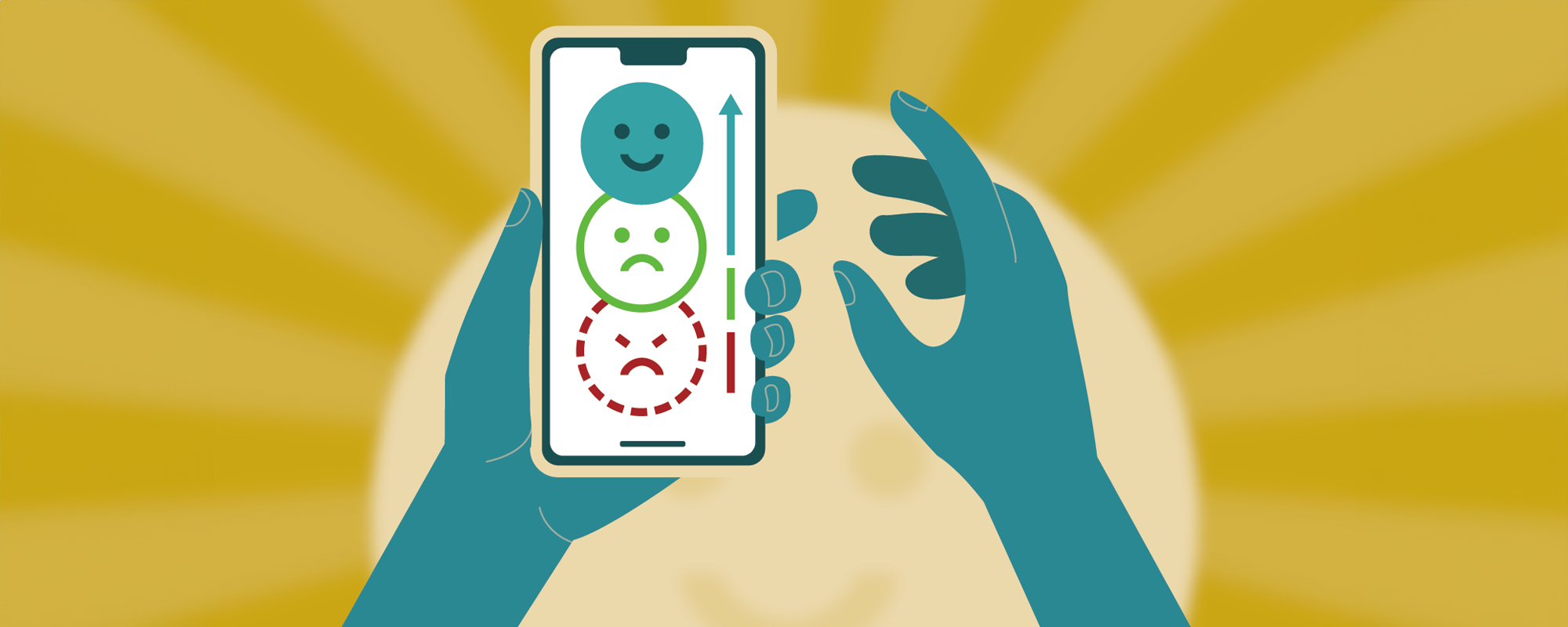
New research indicates that using smartphones seems to improve adolescents’ moods, at least in the very short term.
According to a new study by researchers at the University of Wisconsin School of Medicine and Public Health, adolescents report better moods when using their smartphones than when not using them, and that their moods improved while they were using their phones.
Adolescents reported mood boosts during a wide variety of different smartphone uses, including text messaging, watching videos and scrolling social media. The strongest mood improvements were while listening to music, podcasts or audiobooks, according to Matt Minich, lead author and postdoctoral research associate in the Department of Pediatrics at the UW School of Medicine and Public Health.
“The approach we took in this study enables us to capture these very short-term effects of smartphone use on adolescents’ emotional state in a real-world setting,” said Minich, who also holds a doctorate in mass communications. “The results suggest that adolescents might sometimes go to smartphone use as a way to help regulate their emotions or manage their moods.”
These findings provide an additional perspective in the complex conversation about the ways smartphones and social media may affect adolescents’ mental health, he said.
The results suggest that adolescents might sometimes go to smartphone use as a way to help regulate their emotions or manage their moods.
- Matt Minich
In 2023, U.S. Surgeon General Dr. Vivek Murthy issued an official advisory about the relationship between social media use and youth mental health, calling for urgent action to understand both the benefits and the harms of adolescent social media use.
“The conversation about digital media and teens has often leaned into concerns about universal fear and danger,” said Dr. Megan Moreno, professor and interim chair of the Department of Pediatrics at the UW School of Medicine and Public Health and adolescent health expert, UW Health Kids. “These findings illustrate that adolescents have agency in using digital devices in ways that are responsive to their needs and emotions in the moment.”
The study, published in the journal PLOS ONE, was conducted with 253 adolescents who volunteered to be research participants with parental consent. Researchers sent them questions on their smartphones about their mood and smartphone use throughout the day. This enabled researchers to measure adolescents’ mood changes in real time and captured the effects of smartphone use in a real-world setting.
“A lot of what we know about adolescent tech use still depends on surveys and people are infamously bad at self-reporting the amount of time they spend on devices,” Minich said. “There’s also experimental work, but you can only learn so much by watching someone in a controlled lab setting. Our approach gave us a rare look at how teens are affected by smartphone use as it happens in the real world.”
The study was funded in part through a partnership with Facebook, Inc. (Meta). The company did not play any role in study design, analysis or writing.